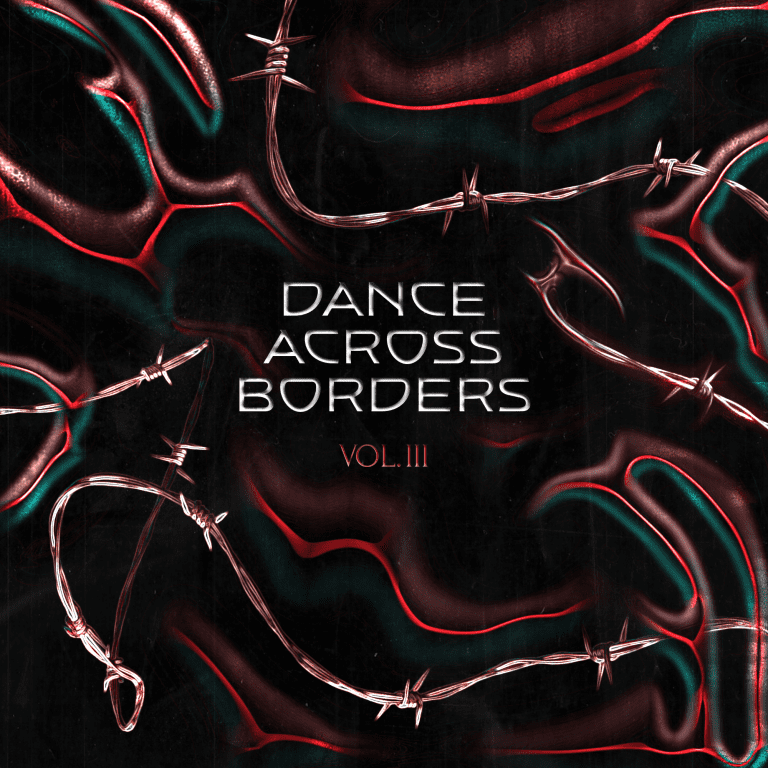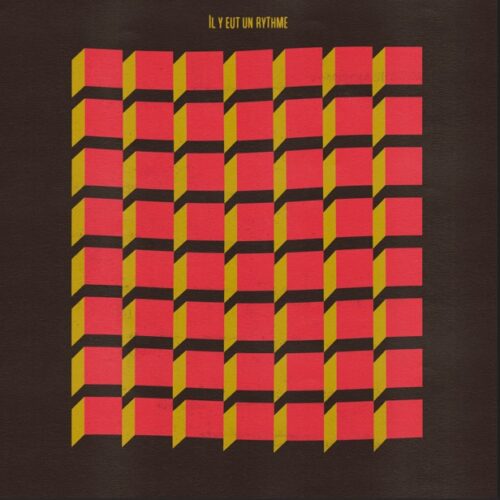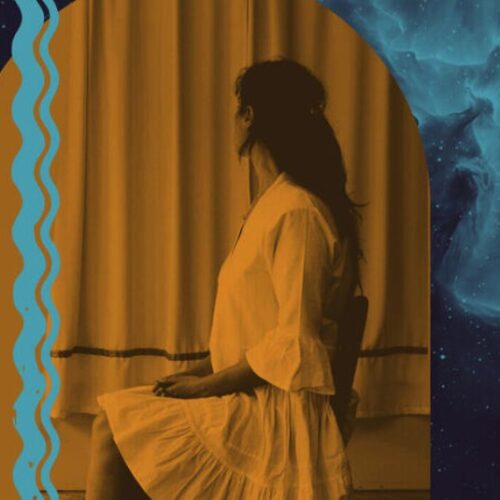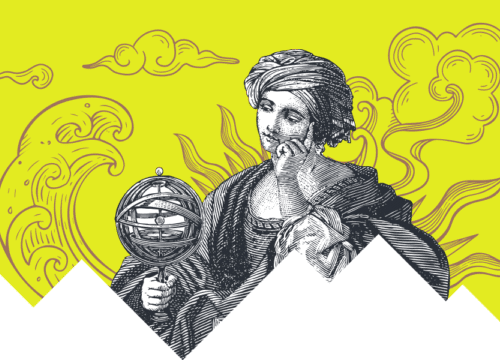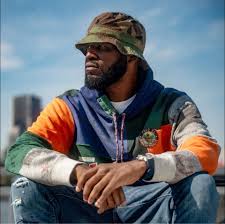Additional Information
An interdisciplinary artist, Jean Grünewald leads several projects simultaneously. Under his Christian name, he explores experimental and acoustic sounds through sound installations. With the alias Ottoman Grüw, he is DJ, producer and artistic director of the committed techno compilations Dance Across Borders. The concept ? Bring together local and international artists to raise funds which are donated to the association Solidarité sans frontières. The six tracks of volume 3 explore breakbeat, electronica, acid or trance.
PAN M 360: Tell us about the genesis of the Dance Across Borders project.
Ottoman Grüw : The project started on the first of September of the pandemic, in 2020. With Louis Paulhus of the late Mes Enceintes Font Défaut (MEFD) we decided to launch this compilation project to recreate a form of connection, a platform to put in before the artists of the local Montreal scene and the different political values that go with it. This compilation is like a moment when you can live with other people, even people you don’t know.
PAN M 360: Unlike the first two volumes, you were able to bring this third compilation to life in the evening as soon as it was released…
Ottoman Grüw : Yes, we had a launch party in a Montreal church basement that is managed by an organization, the Milton Park Food Bank. It is one of the neighborhoods in Montreal where there is the most homelessness, especially among the Aboriginal population. The people running it are also connected to the industrial gothic punk scene. They organize events from time to time to raise funds. The money raised during the evening was donated half to the Food Bank and half to Solidarité sans frontières, which is the organization with which the compilations were born.
PAN M 360: This choice to publish compilations registered in charities, when was it made?
Ottoman Grüw : Right from the start. It was also a way to raise certain political issues related to this kind of music that have always been present. Sometimes we arrive in environments where they are a little less so, with this project it was to put them forward.
PAN M 360: As a rave participant, have you experienced any moments that you perceive as political or politicized?
Ottoman Grüw : I have memories that go back to the first raves I attended when I was 17 in Paris. The somewhat striking moments were those when I was confronted with realities other than my own. The space to live together that is built during a rave makes it possible to bear witness to the existence of other people and therefore to tell oneself that despite the differences, we manage to live together.
PAN M 360: Are there any social causes to which you are particularly sensitive?
Ottoman Grüw : Of course they are all somewhat intertwined. We hear “end of the month, end of the world, same fight”, it resonates. Struggles that I have been sensitive to, whether through the friends I have made, the places in which I have been able to live or that I have been able to visit, these are migration issues, border issues and the political and economic infrastructure behind it. Whether it’s the coast guard boats in the Mediterranean, the wall in the Gaza Strip, or the wall as the US-Mexico border. The list is long.
PAN M 360: What is your artistic vision for a compilation exercise like this?
Ottoman Grüw : Whether for this volume or for the previous ones, it can be more or less eclectic, but there is still a guiding thread, in my opinion. For this volume, there were artists from Vienna and Tokyo. It’s interesting because they are artists who belong to different scenes. They can come from the techno rave scene, from the gothic punk industrial scene, as there are some who are more from bass music, breakbeat, jungle, etc. And this convergence works very well.
PAN M 360: Several local, one-off and long-term projects have a charitable dimension (rave events at the SAT in March 2022, MFC Records compilations). In your opinion, what place does the charity have in the Montreal electronic scene?
Ottoman Grüw : I would say that in that environment, in Montreal, there is still a political culture associated with it, which is not necessarily the case everywhere. With the size and density of the city, I also have the impression that it echoes. We often meet the same people at events so perhaps the initiatives that go in the direction of charity have a ricochet effect.
